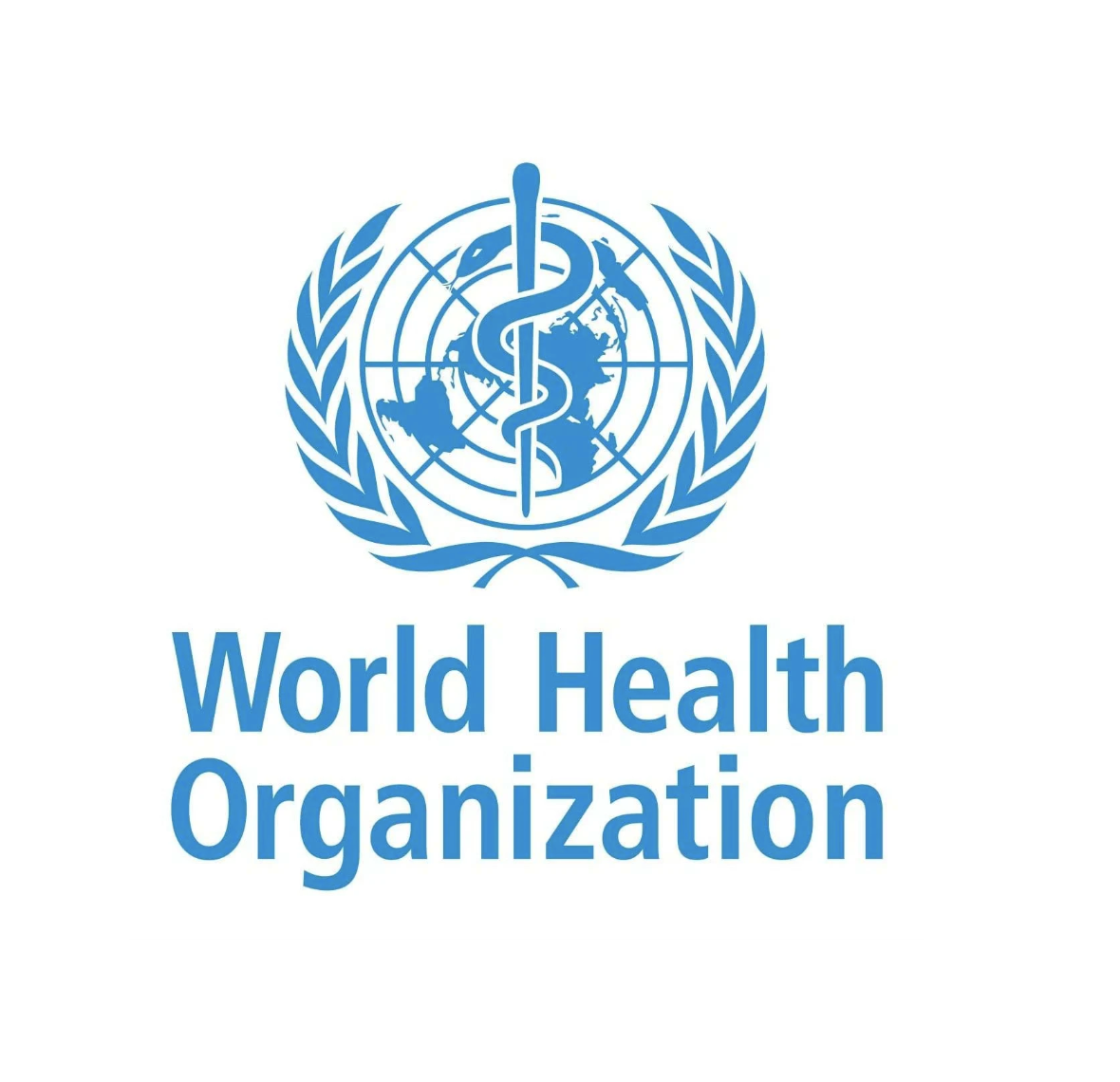[Blog] WHO’s PFAS Guidance May Increase Global Health Inequities
By Katie Pelch | NRDC | December 12, 2022

Read the full article by Katie Pelch (NRDC)
"This fall, the World Health Organization (WHO) released, for the first time, draft guidance for developing drinking water protections from two global pollutants that are toxic at very low levels yet are found in rain, snow, and water all over the world: PFOA and PFOS. Although these protections are urgently needed, the draft guidance was neither health protective nor based on the best available scientific evidence as expressed by over 115 public health advocates, scientists, and organizations. If countries or territories adopt these guidance values as drinking water standards, global health inequities are likely to be magnified and people exposed to these chemicals will be at an increased risk of disease.
Per- and polyfluoroalkyl substances (PFAS) are global environmental contaminants. Added to consumer and industrial products to confer grease-proof, water proof, and stain resistant properties, these man-made chemicals can now be found in ground, surface, and drinking waters across the world. Authoritative government bodies have indicated that exposure to PFAS is associated with several human health concerns, including immune system dysfunction and cancer. As a result, there are efforts underway to reduce exposure to PFAS, particularly by limiting the amount of PFAS in drinking water.
Since 1958, the WHO has provided guidelines for drinking water quality (guidelines) including for chemicals of concern. The guidelines are meant to be based on “the best available evidence and scientific consensus” in order to protect global public health. As guidelines, these values are not legally enforceable limits. Rather, they are intended to be a starting point for individual countries and territories to develop their own standards and risk management approaches as appropriate given the unique resources and concerns present in a location. However, in many instances the guidelines are directly translated to regulations or standards by countries and territories, especially those with fewer resources for conducting chemical risk assessments."
Topics: